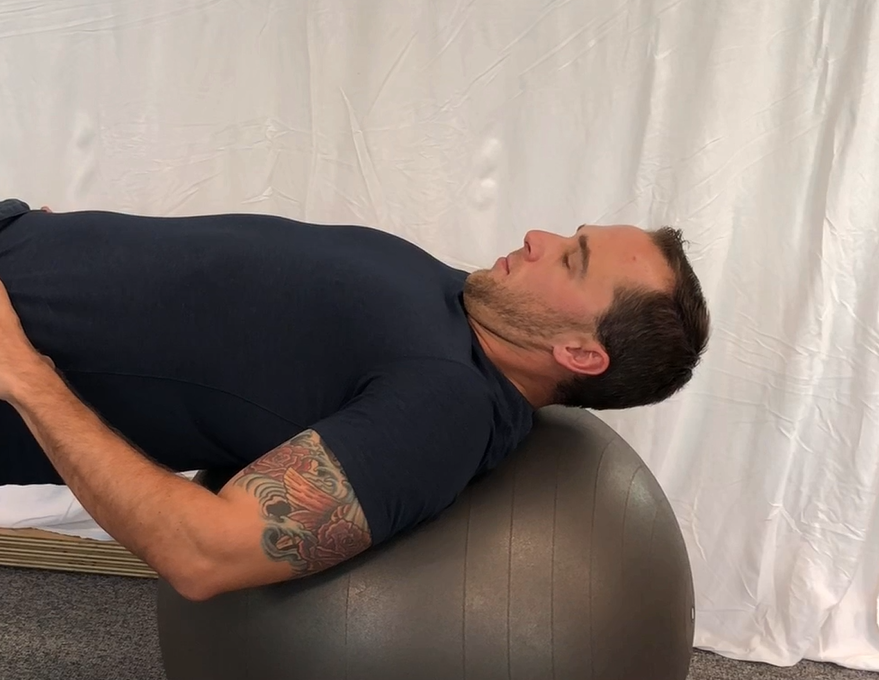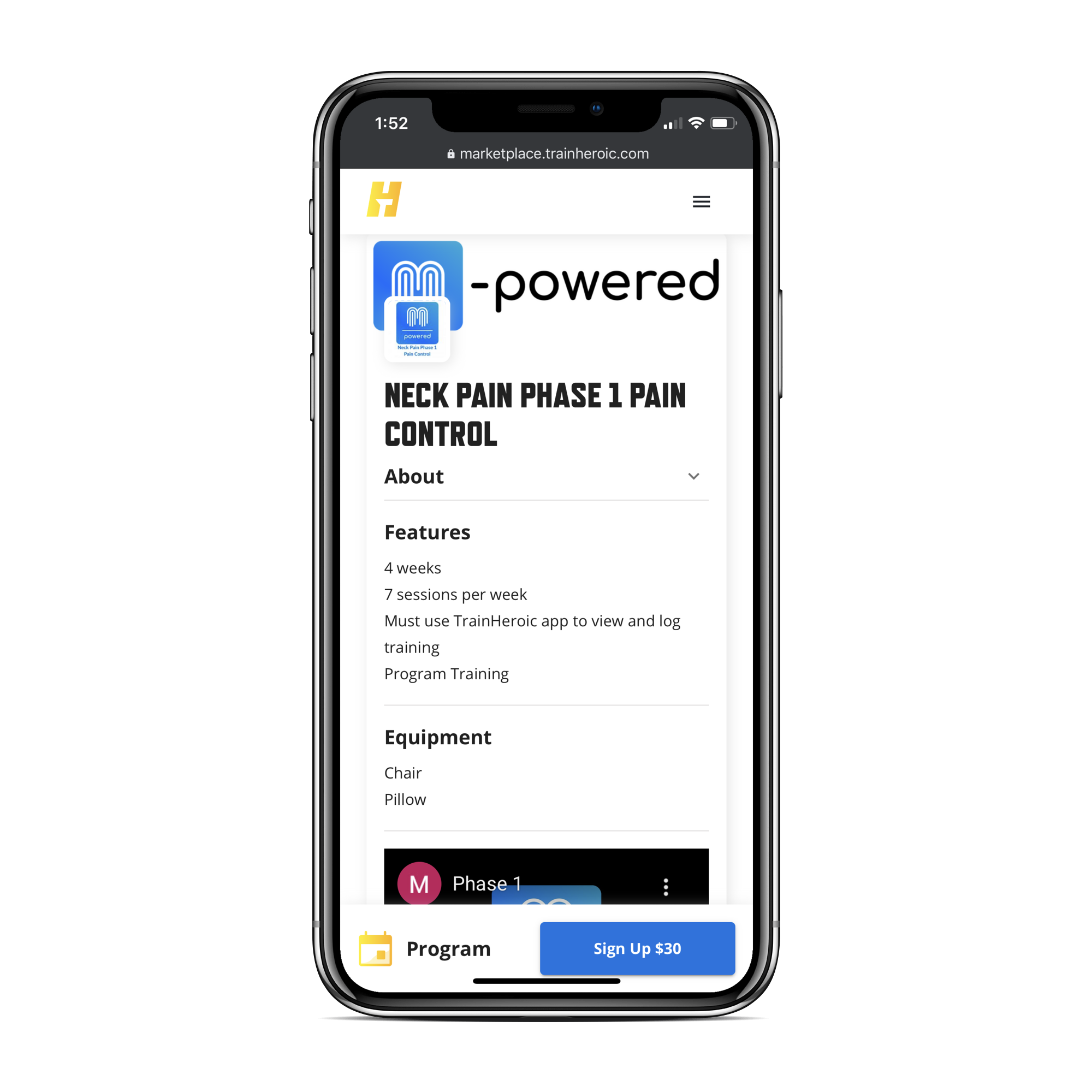70% of Americans will experience neck pain symptoms within their lifetimes. The vast majority of these symptoms are secondary to the musculoskeletal system and effectively treated by Physical Therapists. Patient’s who experience multiple episodes of neck pain or have experienced symptoms for a longer duration (> 3 months) often present with weakness in the cervical muscles which support the spine. The deep muscles on the front of our neck (deep cervical flexors) have been shown to play an important role in neck range of motion and function. These muscles have a feed forward mechanism of action in pain free individuals allowing these muscles to contract in anticipation for the upcoming head or neck movement. Conversely, these muscles have been shown to contract late or insufficiently in patients with neck pain.
A recent article in the journal Pain Medicine examined 60 participants with and without chronic neck pain to determine the relationship between proprioception and motor function and chronic neck pain (Arimi et al. 2018). Participants’ joint position error, cervical endurance, muscle size, pain, disability, and fear of movement were assessed by researchers. Consistent with prior research the authors found smaller deep cervical muscle size as well as lower endurance scores in the participants with chronic neck pain. In addition, deep cervical flexor weakness was found to be a significant predictor of chronic neck pain development.
Click Here to schedule your first appointment with the experts at MEND
Click Here
Top Neck Pain Exercises



